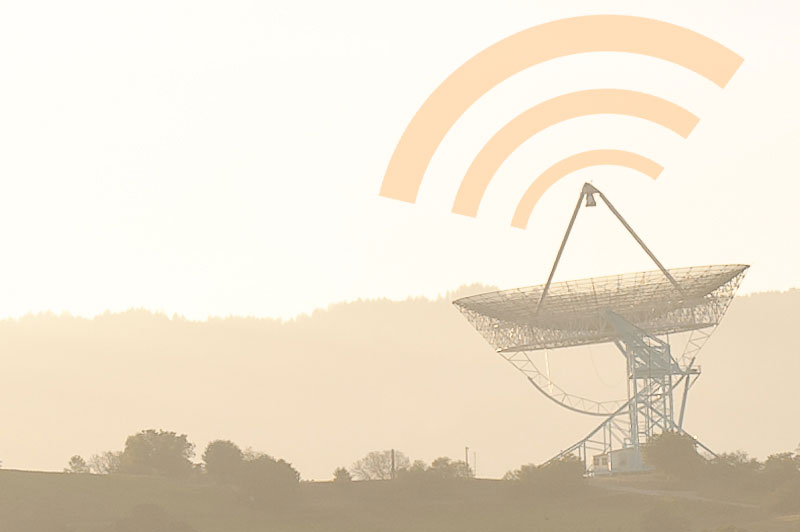It’s like your mom said: ‘Turn off that light!’
 More than half of faculty, staff and students on campus say that it is “very important” to them to follow environmentally sustainable practices at Stanford.
More than half of faculty, staff and students on campus say that it is “very important” to them to follow environmentally sustainable practices at Stanford.
But does that mean we are all willing to turn off the lights in our offices or rooms when it is bright outside or we leave?
FAHMIDA AHMED, associate director of the Office of Sustainability, sure hopes so. That’s because if Ahmed can convince everyone on campus to follow the simple step of turning off unneeded lights, the university could save about 6 million kilowatt hours per year, or $660,000.
That’s one of the lessons learned from a recent small, random behavioral survey Ahmed and her colleagues conducted among Stanford faculty, staff and students. Their objectives in surveying the campus included understanding current practices, establishing baselines and identifying incentives.
The survey findings suggest that 90 percent of us recycle and turn off unneeded lights. We’re also not bad when it comes to recycling electronic waste (86 percent), using sleep settings and power management on computers and printers (86 percent), drinking tap water (74 percent) and buying reusable utensils, dishware and beverage containers (74 percent).
Those results are pretty good. But what excites Ahmed more is the rewards of convincing everyone on campus to act sustainably.
For instance, if all of us used sleep settings or power management on our computers or printers, the university could save nearly $300,000 per year. Other big estimated savings could result from:
• Elimination of personal refrigerators holding our private stashes of Diet Coke: $171,651
• Discontinuing use of personal air conditioners or heaters: $163,985
• Always printing double sided: $137,727
• Increased efforts at recycling: $100,104
Changing cultural norms is challenging, but Ahmed said the survey results suggest that faculty, staff and students will adopt new habits if they see the savings and environmentally responsible behavior as a priority, it is easy for them to comply, and they have the opportunity.
Visit the Office of Sustainability website for more information.

